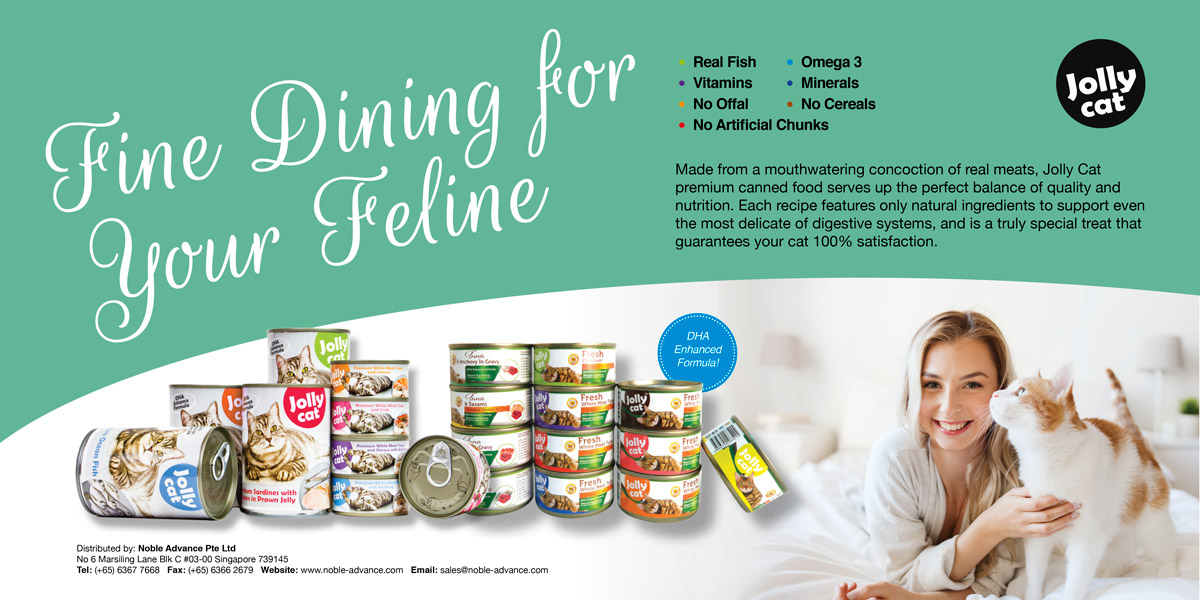4 Common Cat Diseases That Your Vaccinated Cat Is Still At Risk Of
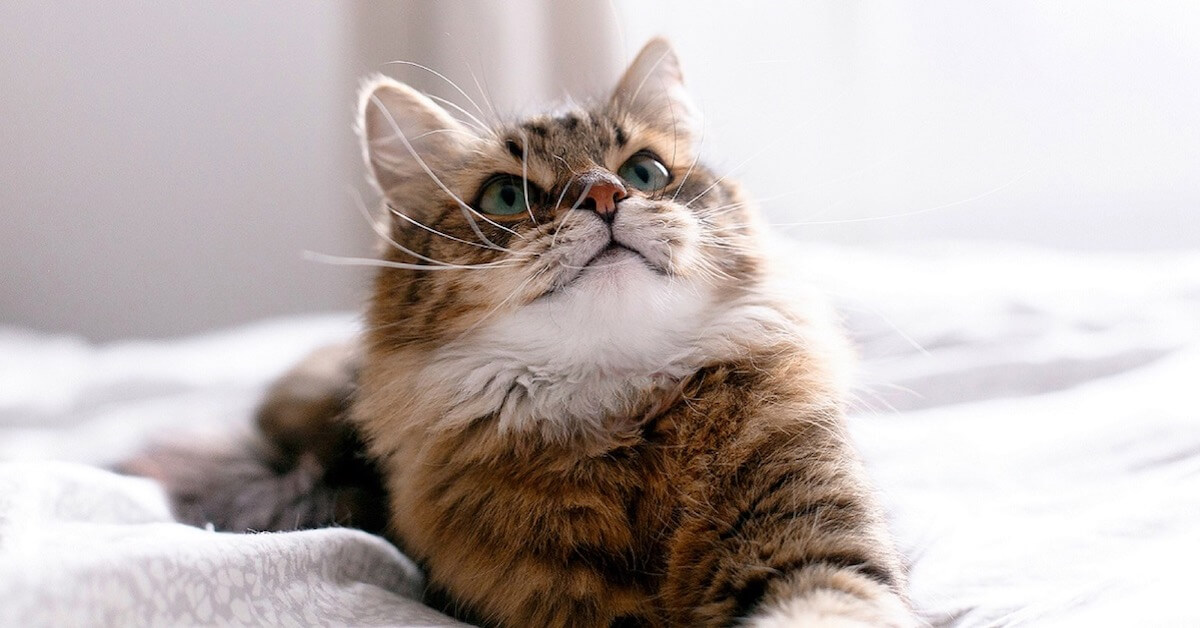
Fellow cat owners, when you first got your cat, one of your top priorities was undoubtedly to get it vaccinated so that it’s protected against deadly viruses and diseases like rabies. However, while vaccinations are important for safeguarding your cat’s health and well-being, unfortunately, it cannot protect your feline friend from all the diseases in the world.
To ensure that you as a cat owner can take the necessary precautions and help your kitty live a healthy and pain-free life as much as possible, we’ve put together a guide on some of the most common illnesses that a vaccinated cat can still contract, and how you may protect your furry friend from them.
1. Feline Kidney Failure
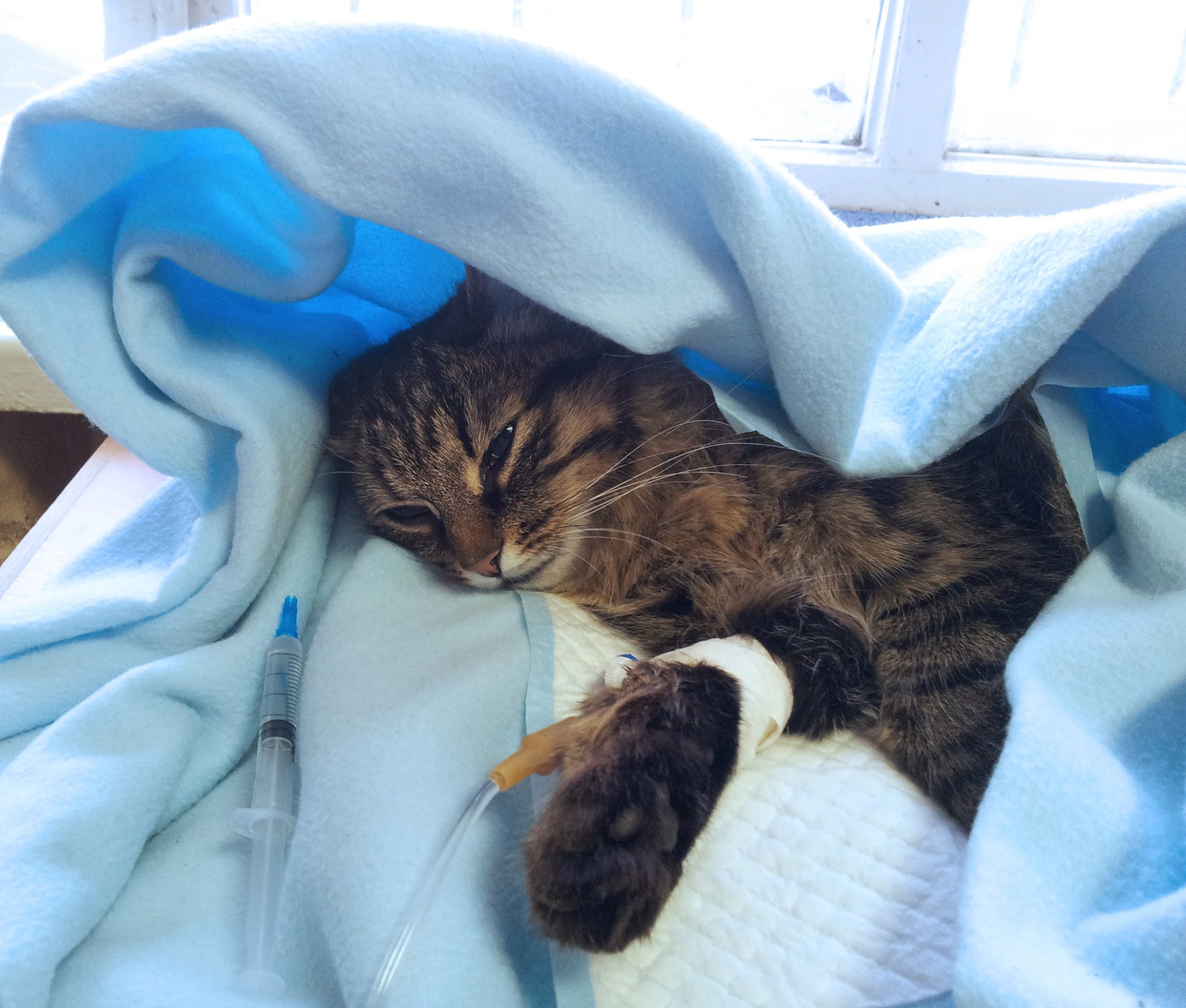
Just like humans, cats can suffer from kidney failure as well. In fact, kidney failure is one of the leading killers of cats, especially for those after age 7, and its causes depend on which type of kidney disease it is: acute or chronic.
Acute kidney failure happens when there is sudden kidney damage due to infections, poisons, or human medication, and is usually still treatable. On the other hand, chronic kidney failure happens because of acute kidney infections and blockages, advanced dental disease, high blood pressure, or genetics – making it harder to cure and it takes a huge toll on your pet in the long run.
Symptoms include increased drinking of water, bad breath, excessive urination, weight loss, vomiting, and body weakness and fatigue. To prevent your cat from developing kidney disease or to slow down its progression, you can take steps to ensure that it is always hydrated, maintain a healthy diet that is low in phosphorus and sodium, and visit the vet regularly for health check-ups.
2. Feline Immunodeficiency Virus (FIV)
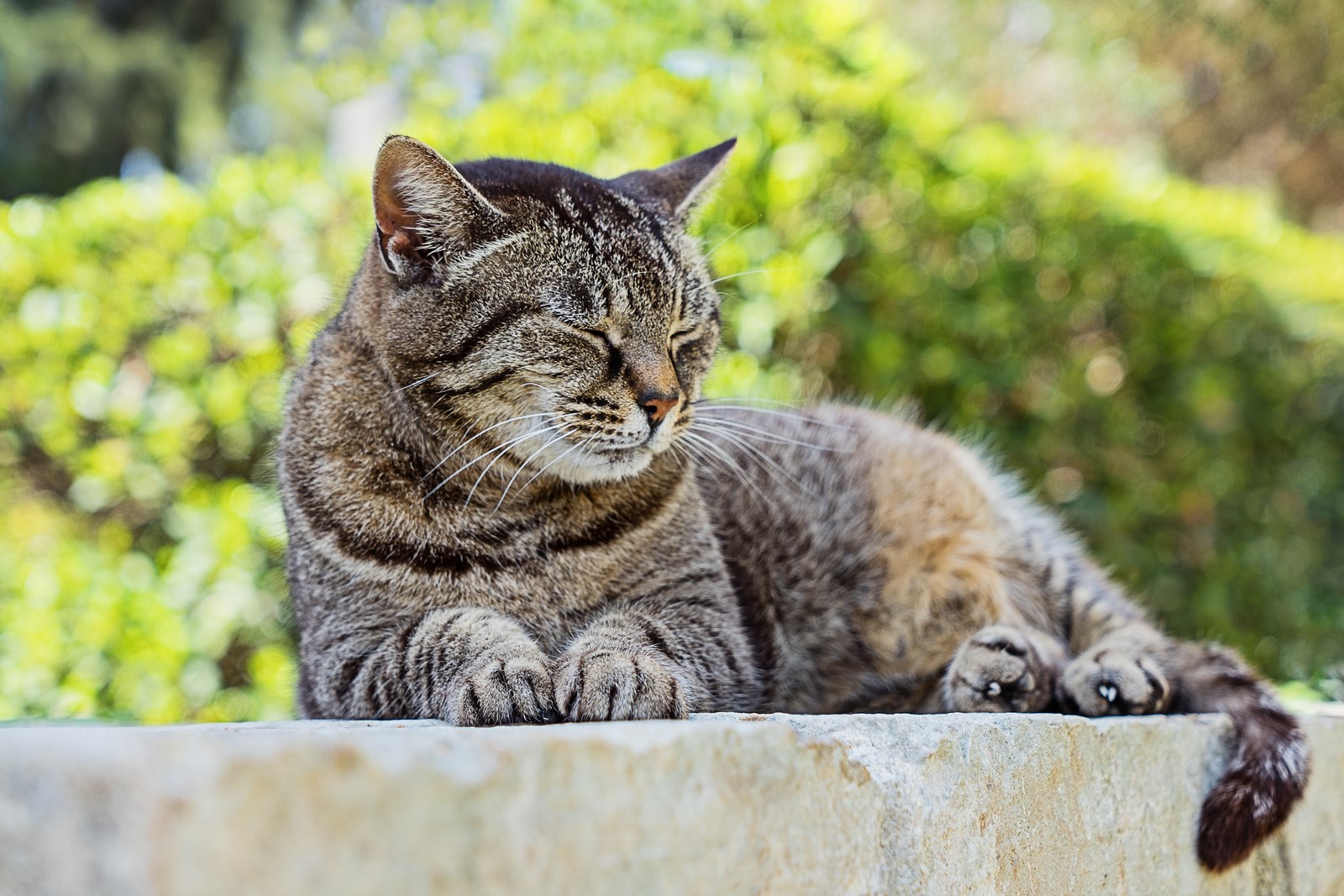
Feline Immunodeficiency Virus (FIV) is a slow-acting virus that severely weakens a cat’s immune system years after the cat contracts it, rendering it susceptible to other infections that may then be fatal.
While there is a vaccination for FIV, it is not considered a core vaccination because there are ways to prevent your cat from contracting this disease. Currently, FIV is mainly passed from cat to cat through deep bite wounds or spread from an FIV-infected mother cat to her kitten. Sharing food bowls and litter boxes, social grooming, sneezing, and other casual modes of contact may also spread FIV from one cat to another, although that is not as common.
To reduce the chances of your feline friend contracting FIV, simply keep your cat indoors as much as possible so that it doesn’t get into fights or contact with FIV-infected cats. If your cat is going to live in a pet boarding facility for a while, we recommend making sure that all the other cats at the facility have tested negative for FIV too!
Typically, cats infected with FIV may not show symptoms until years later. Once they do develop though, they include:
- Enlarged lymph nodes
- Fever
- Anaemia
- Weight loss
- Dishevelled coat
- Poor appetite
- Diarrhoea
- Abnormal appearance or inflammation of the eye (conjunctivitis)
- Inflammation of the gums (gingivitis)
- Inflammation of the mouth (stomatitis)
- Skin redness or hair loss
- Wounds that don’t heal
- Constant sneezing
- Discharge from the eyes or nose
- Frequent urination, straining to urinate, or urinating outside of litter box
- Behavioural change
3. Heartworm
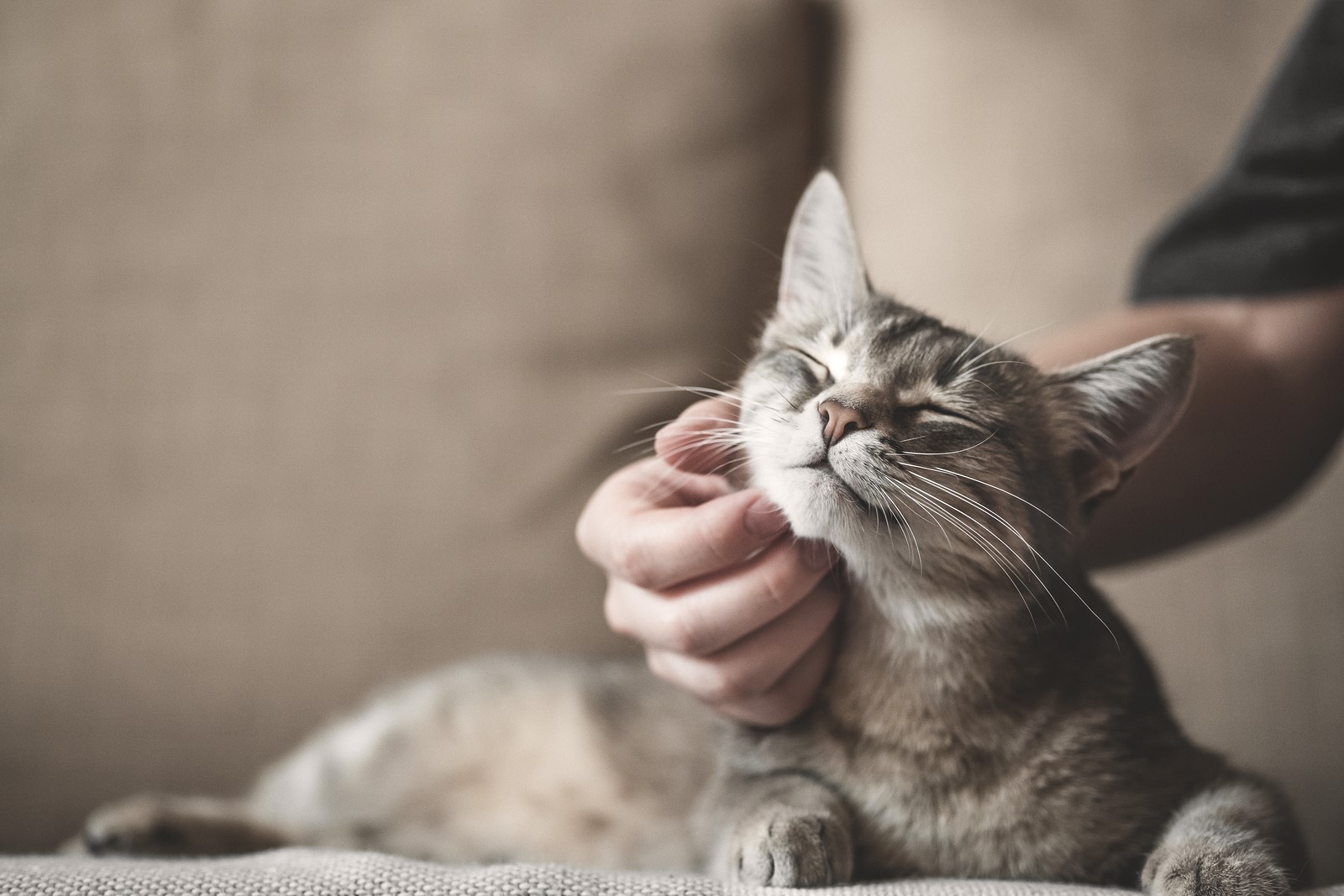
If you thought that heartworm disease only affects dogs, think again – while not as common, heartworm is increasingly being recognised as an underlying cause of health problems in domestic cats!
Spread by mosquitoes that carry the heartworm parasite, the disease is transmitted when an infected mosquito bites a cat, and larvae are transferred into the cat’s bloodstream during the process. The larvae then move toward the heart over a period of about 4 – 6 months, maturing as they go, and settle in the heart, pulmonary arteries, and blood vessels of the lungs.
As cats are not a natural host for the heartworm parasite, many of the worms die and together with the living worms, they can cause severe inflammatory and immune responses in the infected cat.
Some signs to look out for in an infected cat include:
- Persistent cough
- Breathing difficulties
- Depression
- Loss of appetite
- Weight loss
- Vomiting
- Lethargy
Heartworm disease can cause organ failures and sudden death, so make sure to discuss with your vet if you’re living in an area that’s densely populated with mosquitoes on how you can protect your cat accordingly besides keeping it indoors. Usually, there are vet-approved medications that can prevent feline heartworm infection!
4. Ringworm
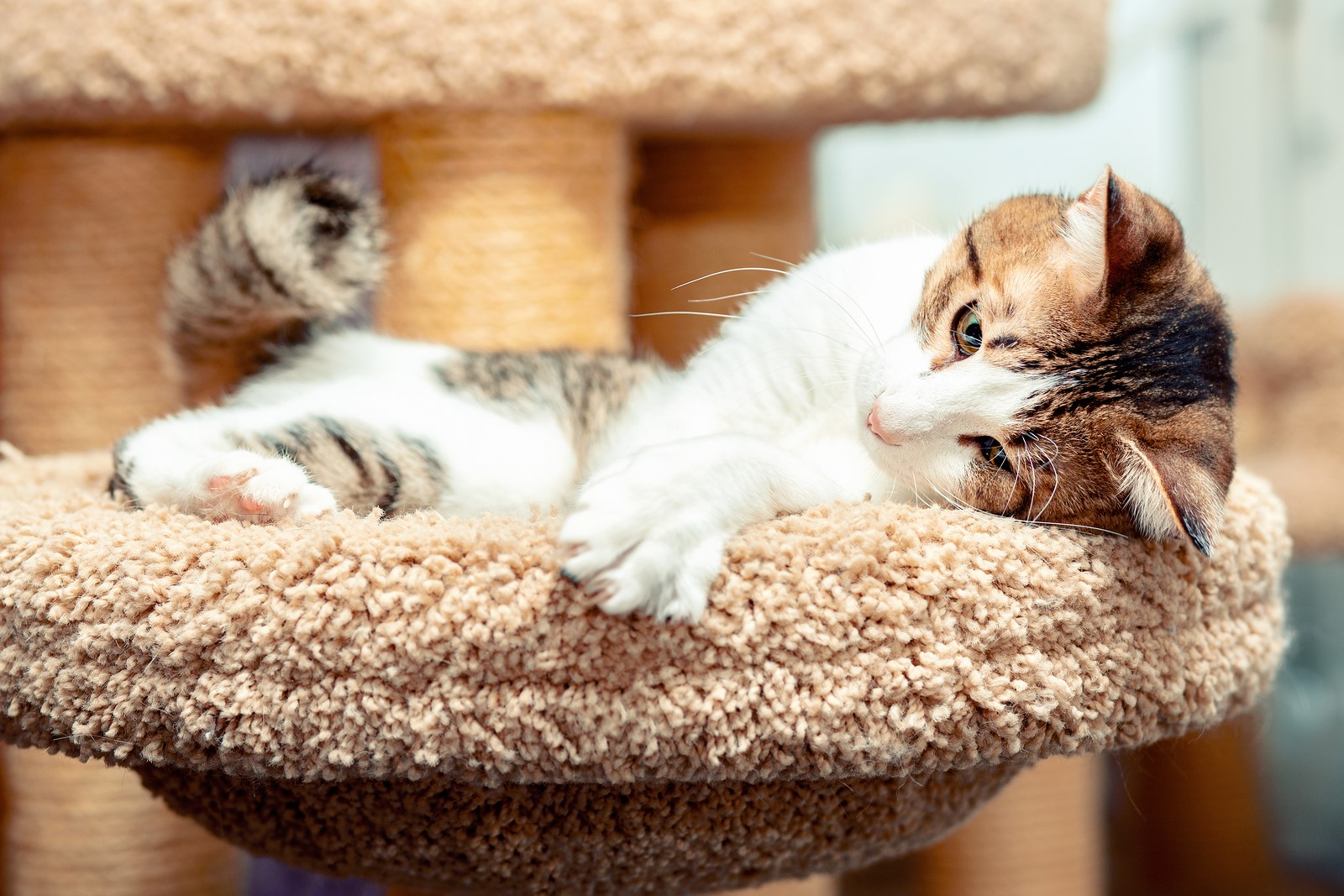
A disease caused by a fungus that infects the hair, nails, and skin of cats, ringworm is highly infectious and can spread to other pets and even humans in the household. Also known as dermatophytosis, ringworm can lead to patchy, circular areas of hair loss with central red rings, and if not treated properly, can spread over large areas of the body, causing major hair loss and skin infections.
As warm and humid conditions tend to promote ringworm infections, make sure to always thoroughly dry off your cat after bathing and keep your kitty cool always, especially if it has a long coat! Otherwise, your cat can get ringworm directly via contact with an infected animal, or indirectly through contact with contaminated bedding and other materials.
Classic signs of ringworm include skin lesions, flaky bald patches that might look red in the centre, dandruff, and localised areas of redness. The treatment of the infection will then depend on the severity of it and can include medicated shampoo or ointment, oral medications, and constant sanitising of your home and your pet’s bedding.

